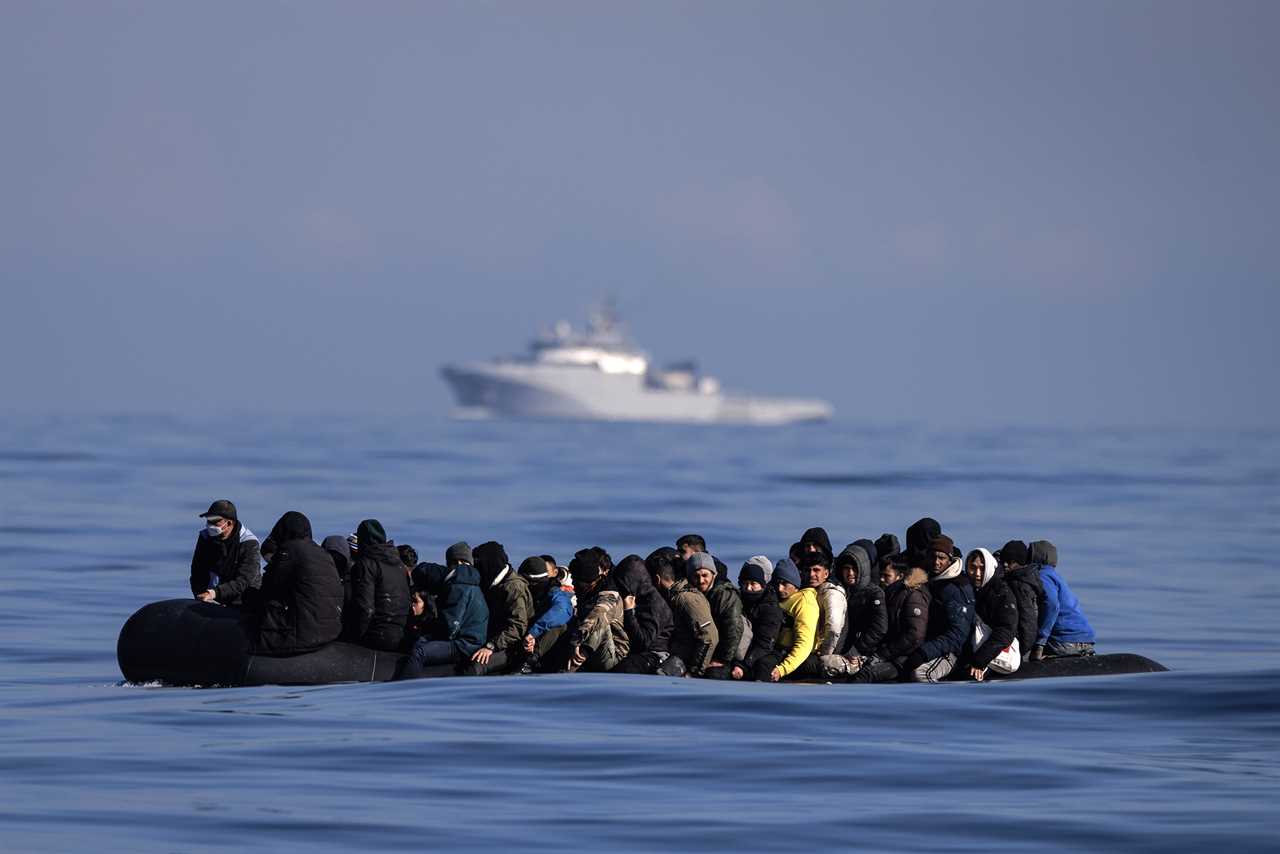
The recent surge in migrant crossings across the English Channel has once again brought to light the intricate web of people-smuggling operations that exploit vulnerable individuals seeking refuge in the UK. Against a backdrop of geopolitical tensions and increasingly perilous journeys, the actions of smugglers and the responses of authorities reveal a multifaceted crisis that goes beyond mere border control.
Interrogating Smuggling Tactics: A Closer Look at the Channel Crossings
While authorities grapple with the escalating numbers of migrants making the perilous journey across the Channel, the use of boats as a mode of transportation by smugglers has come under scrutiny. John Healey's comparison of these vessels to taxis underscores the brazenness of the smuggling networks, exploiting calm seas and evading law enforcement efforts. Such behaviour points to systemic challenges that transcend national borders and demand a coordinated, nuanced response.
Policy Failures and International Agreements: Unpacking the Response
The failure of a 2023 agreement to stem the flow of crossings, despite significant financial investments, raises questions about the efficacy of border control measures. Discussions around interception strategies at sea and the need for enhanced collaboration with French authorities highlight the complexities of addressing a crisis that is shaped by global inequalities and regional dynamics. As the numbers continue to rise, the limitations of unilateral approaches become increasingly evident.
Human Rights and Security Concerns: Balancing Priorities in Migration Management
Shadow Home Secretary Chris Philp's calls for more assertive action against smugglers reflect a broader debate on the intersection of security imperatives and human rights considerations. The delicate balance between border security and protection of vulnerable migrants underscores the ethical dilemmas at the heart of migration policy. As political rhetoric intensifies, the need for a holistic, rights-based approach remains paramount in addressing the root causes of irregular migration.

Towards Sustainable Solutions: Rethinking Responses to Migration Challenges
As the Home Office emphasises intelligence-sharing and enforcement efforts to combat smuggling networks, a critical examination of long-term solutions is imperative. Beyond immediate operational measures, addressing the structural drivers of migration, such as economic disparities and conflict, is crucial in fostering sustainable outcomes. The urgency of the situation demands a reimagining of migration governance that prioritises human security and collective responsibility.
In conclusion, the surge in Channel crossings illuminates a complex interplay of factors, from geopolitical tensions to socioeconomic inequalities, that shape the experiences of migrants and the responses of receiving countries. Navigating these challenges requires a nuanced understanding of the systemic forces at play, transcending simplistic narratives of border control and enforcement. In the quest for effective, ethical migration management, a holistic approach that centres human rights and international cooperation is essential to address the multifaceted dimensions of this enduring crisis.
Did you miss our previous article...
https://trendinginthenews.com/uk-politics/trans-athlete-ab-hernandez-triumphs-amidst-controversy-at-california-state-championship






